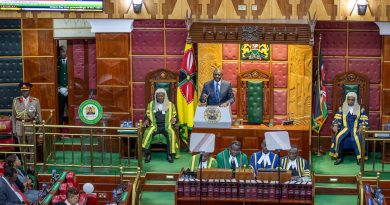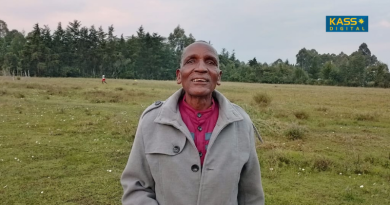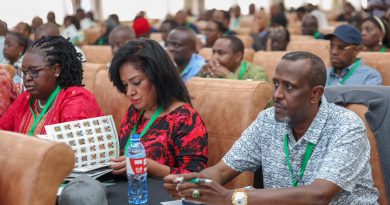Government Launches Major Plan to Restore 33,000 Hectares in Mau Forest
By Shadrack Mutai | Nakuru, KENYA,
The government has begun the restoration of 33,000 degraded hectares in Mau Forest.
President William Ruto said the government has adopted a whole-of-government and community approach to restore Mau Forest and use it as a source of livelihood and water.
In the new plan, the President said every year the government will restore over 3,000 hectares so that in 10 years the 33,000 hectares will be fully restored.
He explained that this is part of the government’s plan to grow 15 billion trees, supported by every government institution, the private sector and Kenyans.
“This exercise will be conducted by all Kenyans and the entire government. We want this exercise to be inclusive,” he said.
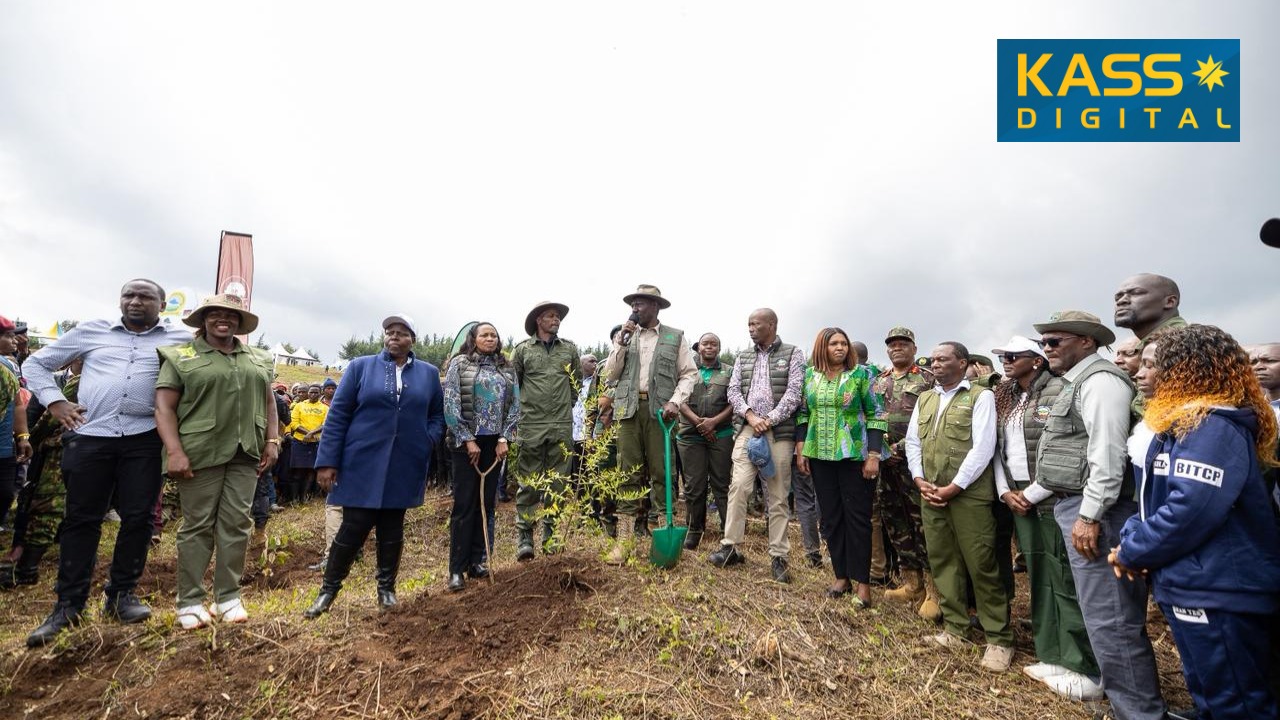
He spoke during the launch of the Mau Forest Complex Integrated Conservation and Livelihood Improvement Programme in Nakuru County.
Present were Nakuru Governor Susan Kihika, Cabinet Secretaries Deborah Barasa and Lee Kinyanjui, Senate Majority Leader Aaron Cheruiyot, and MPs.
At the event, over 5,000 tree seedlings were planted. The programme integrates community livelihoods into forest restoration to provide citizens with sustainable sources of income.
It included the distribution of tree seedlings, 10,000 pyrethrum splits, 5,000 tea seedlings, milk coolers, 50 beehives, and a last-mile connectivity initiative that will benefit more than 3,500 households.
In the Mau Forest ecosystem, 148,000 farmers are being supported to strengthen their livelihoods through 50 nature value chains.
The President said the National Youth Service will work with the Kenya Forest Service to re-establish 300 nurseries and 17 mega nurseries across the country to generate one billion seedlings to support the tree planting exercise.
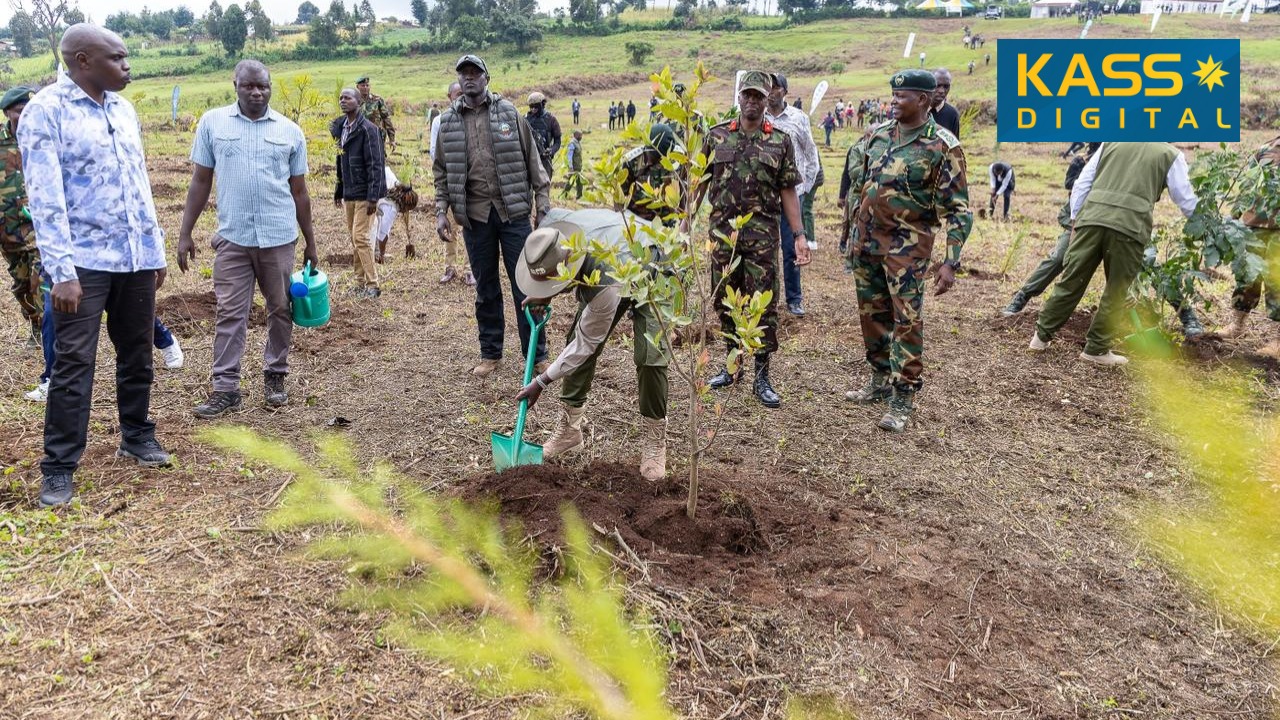
This, he pointed out, will address the shortage of seedlings that derailed the exercise in the past.
“This exercise is on course. A Memorandum of Understanding has already been signed,” he said.
The Head of State called on Kenyans to participate in tree planting exercises at home so that the country can continue to get adequate rainfall and wood to support the economy.
President Ruto also said the government is setting up a fence in Narok to protect Mau Forest by ensuring no one encroaches.
At the same time, President Ruto said the government is pursuing alternative sources of infrastructure funding to accelerate infrastructure development.
He said over-reliance on the government budget has slowed down infrastructure development, noting it is time to think outside the box.
The President said the government is establishing a National Infrastructure Fund that will ensure infrastructure development programmes do not stall.
“We have to think outside the box if we are to build enough roads in Kenya. We have to bring investments from the private sector and go to the capital markets to raise resources,” he said.
The President noted that the country needs a minimum of 10,000 km of roads worth Sh1.5 trillion.
“If we rely on the government budget, we will not build these roads,” he said.
The President said the Rironi-Nakuru-Mau Summit road that will go all the way to Malaba will commence next month under the Public Private Partnership.
He said the road has been expanded to a six-lane highway to accommodate more vehicles.
The President asked Kenyans to register for the Social Health Authority, noting it will help the government better plan for the country’s healthcare.
President Ruto reiterated that no Kenyan should be charged to access primary healthcare.
The President reiterated that no part of the country will be left behind in national development.
He said he is keen on uniting Kenyans and rallying them behind the country’s development agenda.
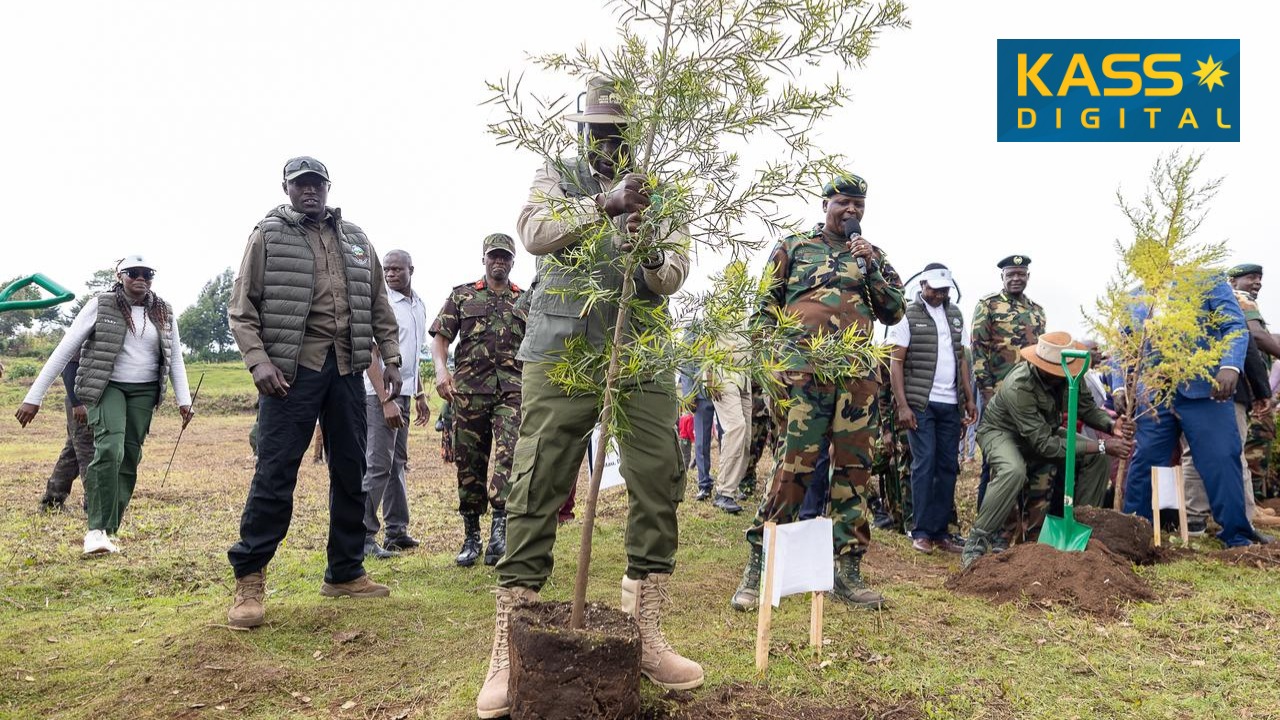
On Nakuru County’s development, President Ruto said the government will construct 230 kilometres of road in Nakuru County.
He said the government is making the highest investment in Nakuru County, Sh28 billion, for the construction of affordable housing, 25 markets, and student hostels for 6,000 students.
He said the government is also investing Sh2.6 billion to connect 22 new households to power in Nakuru County.
The President also launched the construction of the 12-kilometre Kinamba-Murinduku road.
He noted that the road will facilitate the movement of agricultural produce, including onions, potatoes, tomatoes, pyrethrum and vegetables, and enhance farmers’ incomes.
At Elburgon town, Molo Constituency, the President laid the foundation stone for the KSh4.2 billion Michinda Social Housing Project.
The development will deliver 2,680 modern housing units, which will accommodate over 10,000 residents when complete.
He also commissioned the 220-unit Elburgon Affordable Housing Estate, which was put up at a cost of KSh500 million.
President Ruto announced the lifting of the logging ban which had severely affected the town’s economic activities.
“We do not need to import furniture from abroad anymore; we shall use our own timber to make furniture for our affordable housing projects,” he said.
Governor Kihika said the Mau Forest Complex Integrated Conservation and Livelihood Improvement Programme will ensure environmental conservation is inclusive.
“It ensures conservation is not exclusion but inclusion, not punishment but opportunity,” she said.
Mr Kinyanjui asked leaders to work together to deliver services, reminding them that there is a time to politic and a time to work. “We must put our nation first,” he added.
Ms Debora said the government is committed to restoring ecosystems with the aim of turning green growth into green wealth.
She said forest restoration becomes both an environmental and economic revolution aligned to the Bottom-Up Economic Transformation Agenda.
“As we launch this Mau Initiative, we are not just planting trees, we are growing livelihoods, we are restoring ecosystems and securing Kenya’s climate future,” she said.
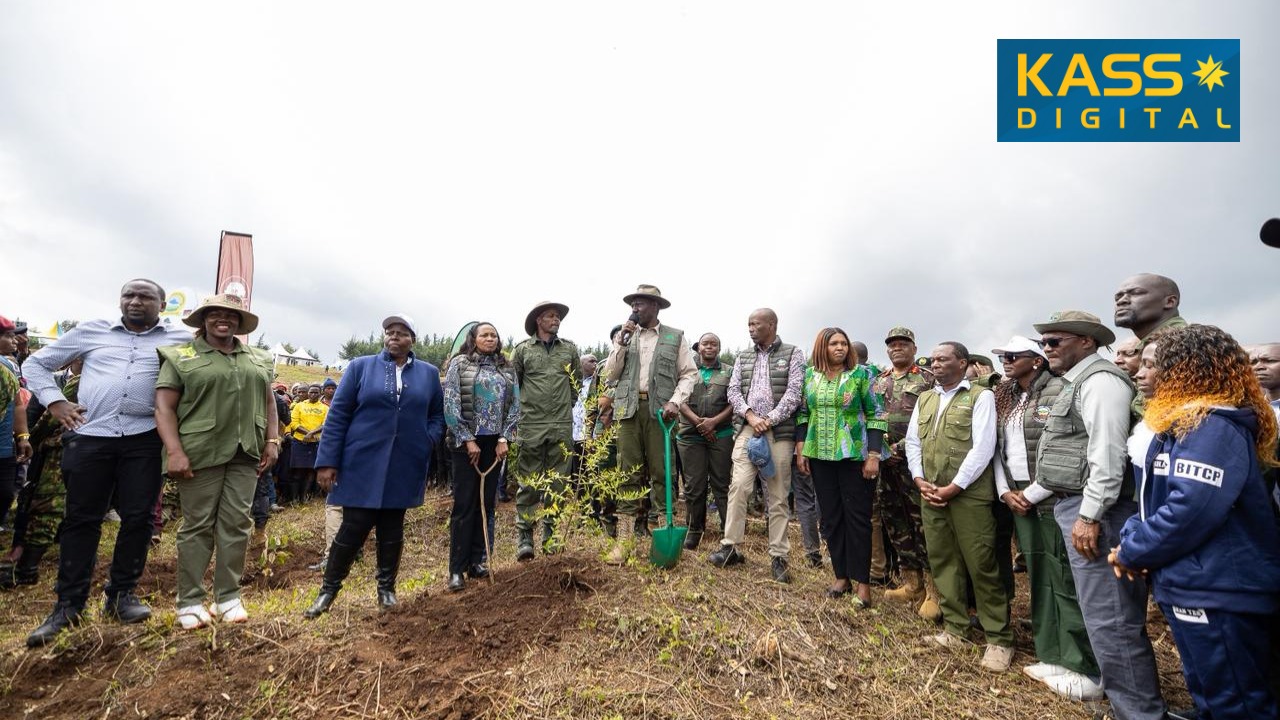
Senate Majority Leader Aaron Cheruiyot noted that integrating livelihoods with environmental conservation will ensure citizens have alternative sources of income.
This, he explained, is what has been lacking, as citizens would encroach on forests to seek livelihoods.


